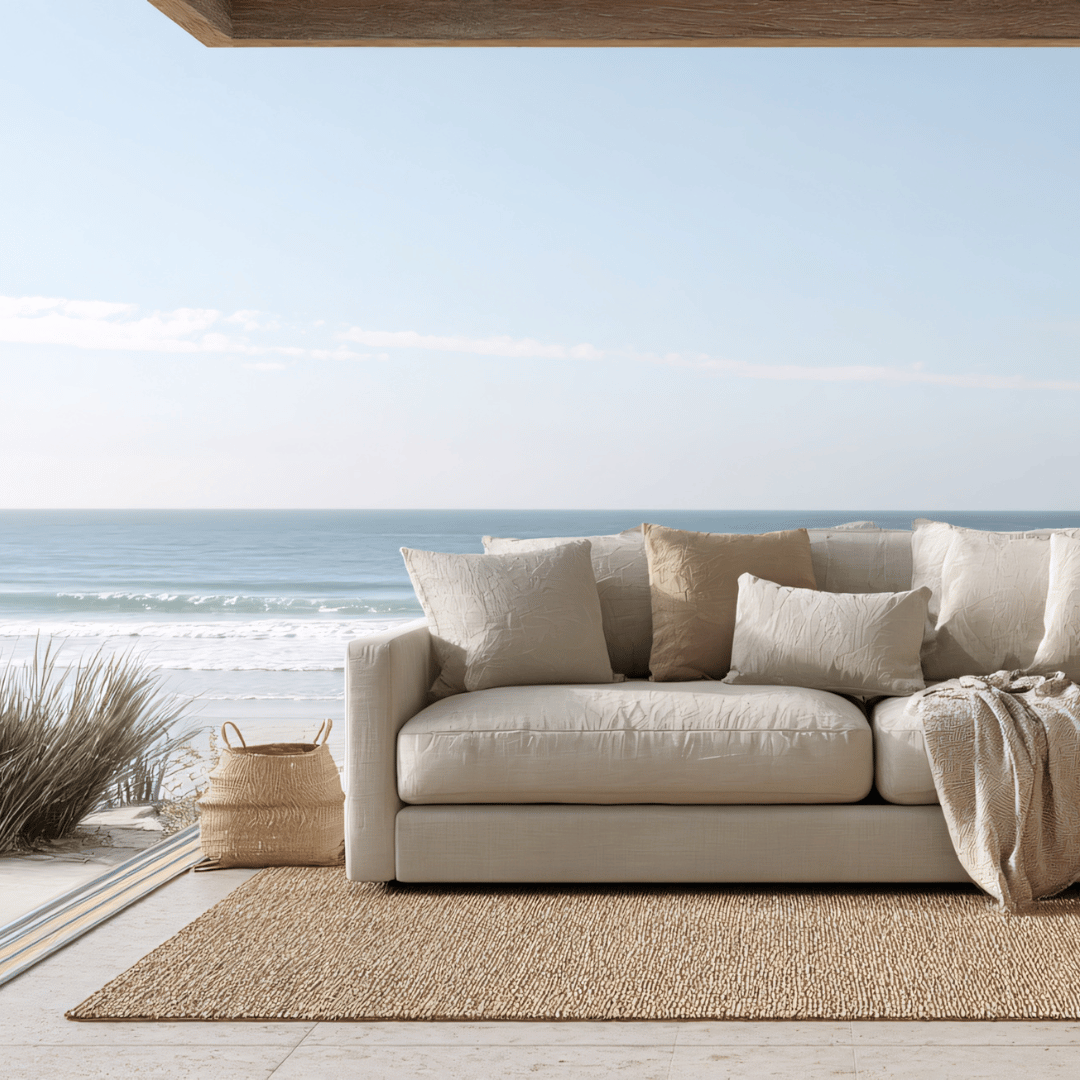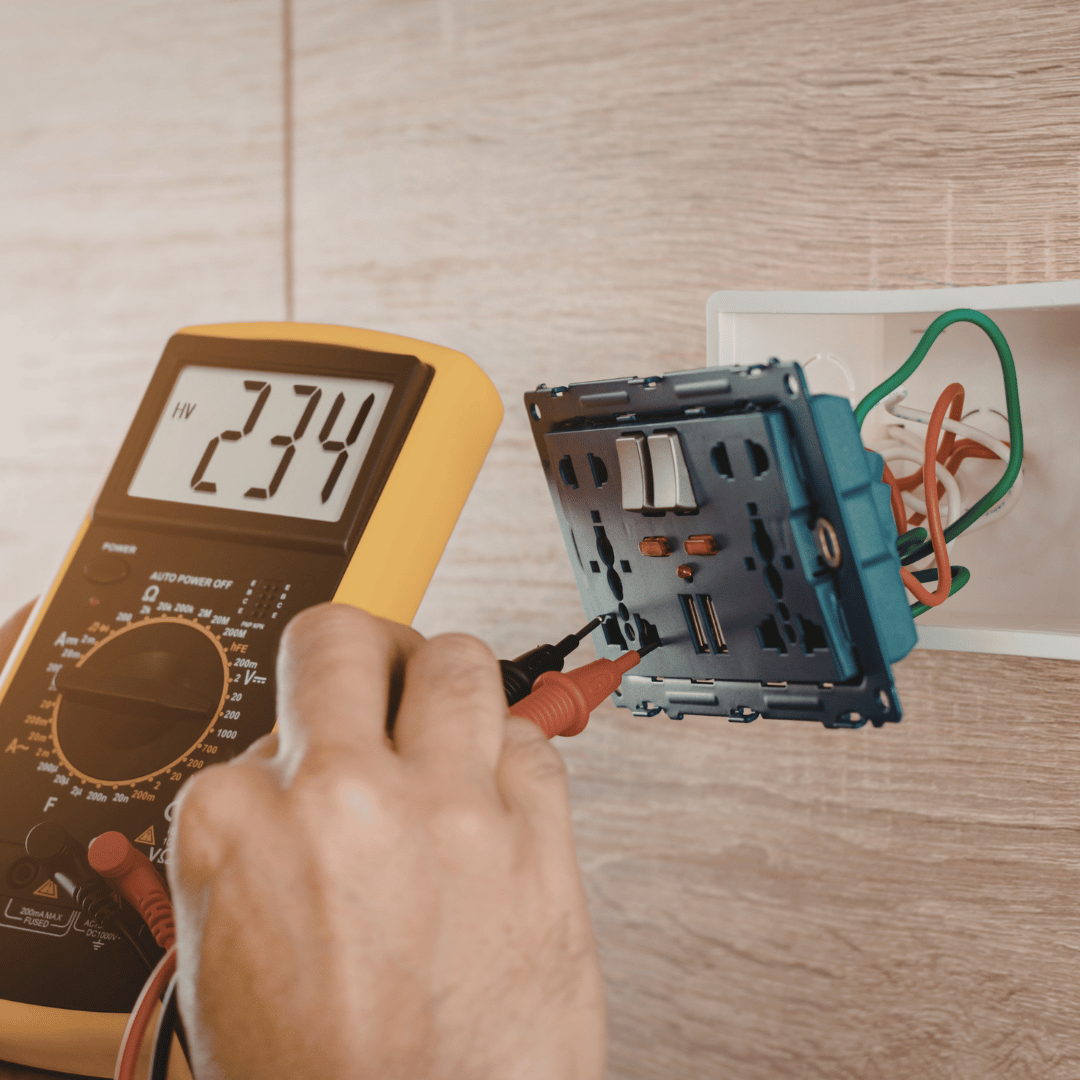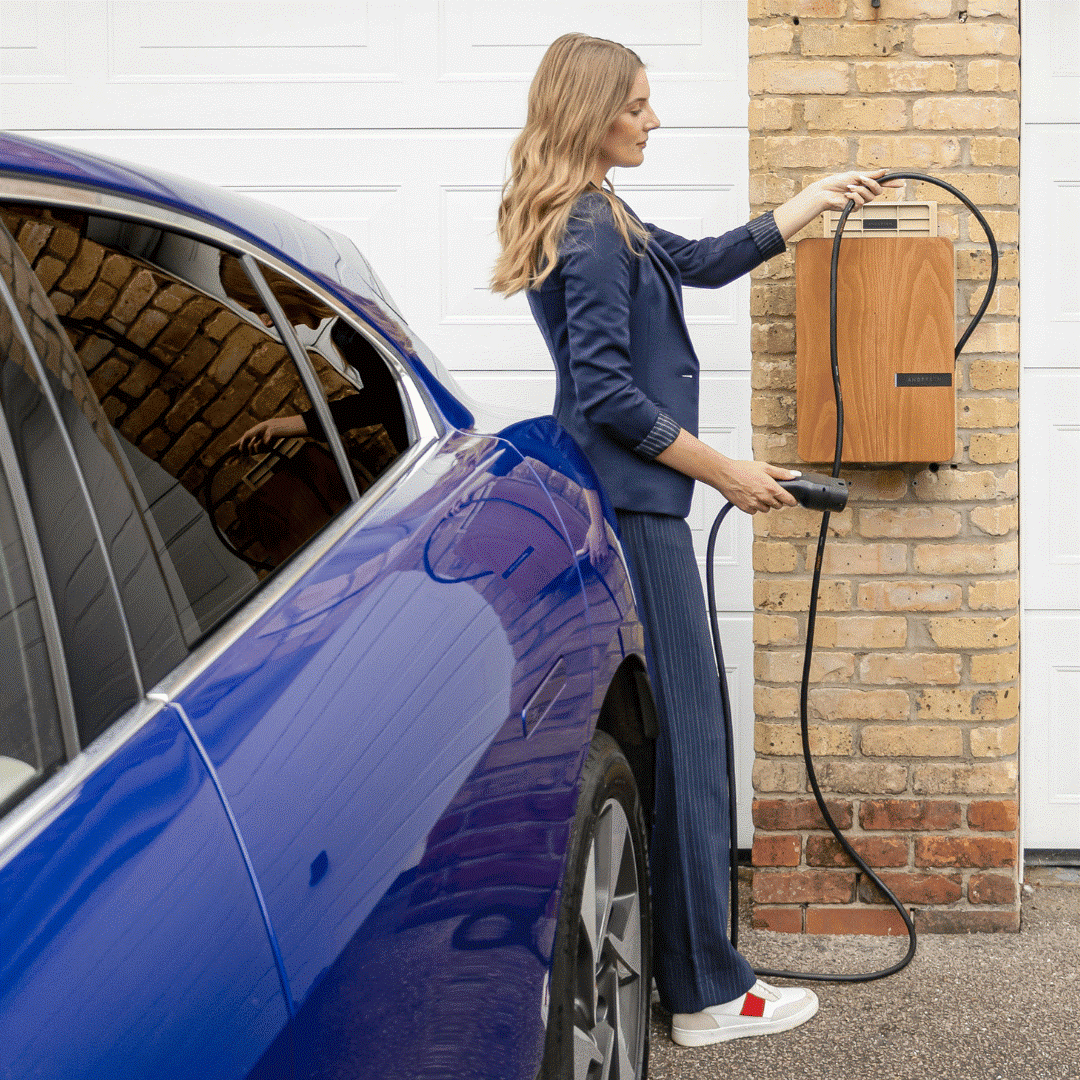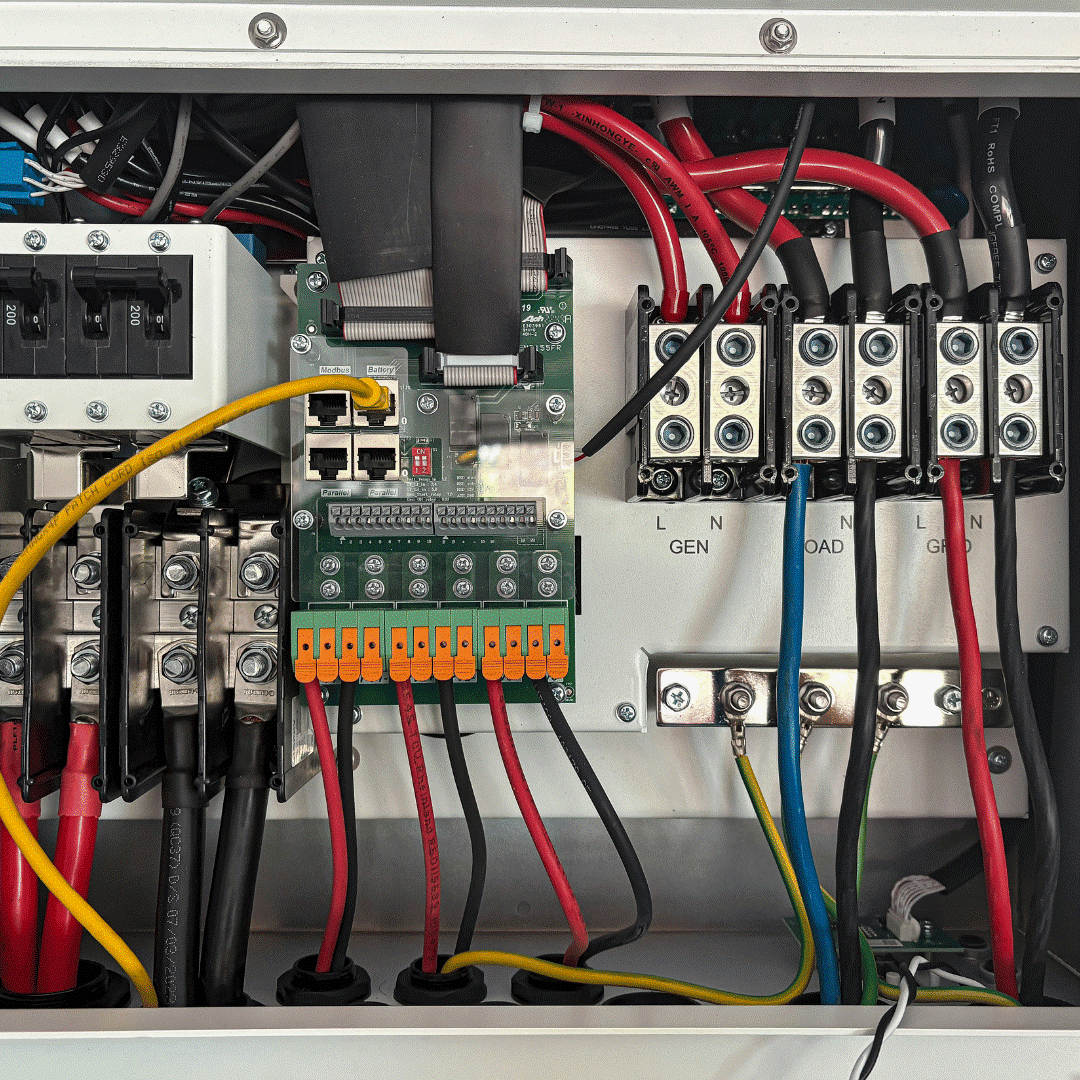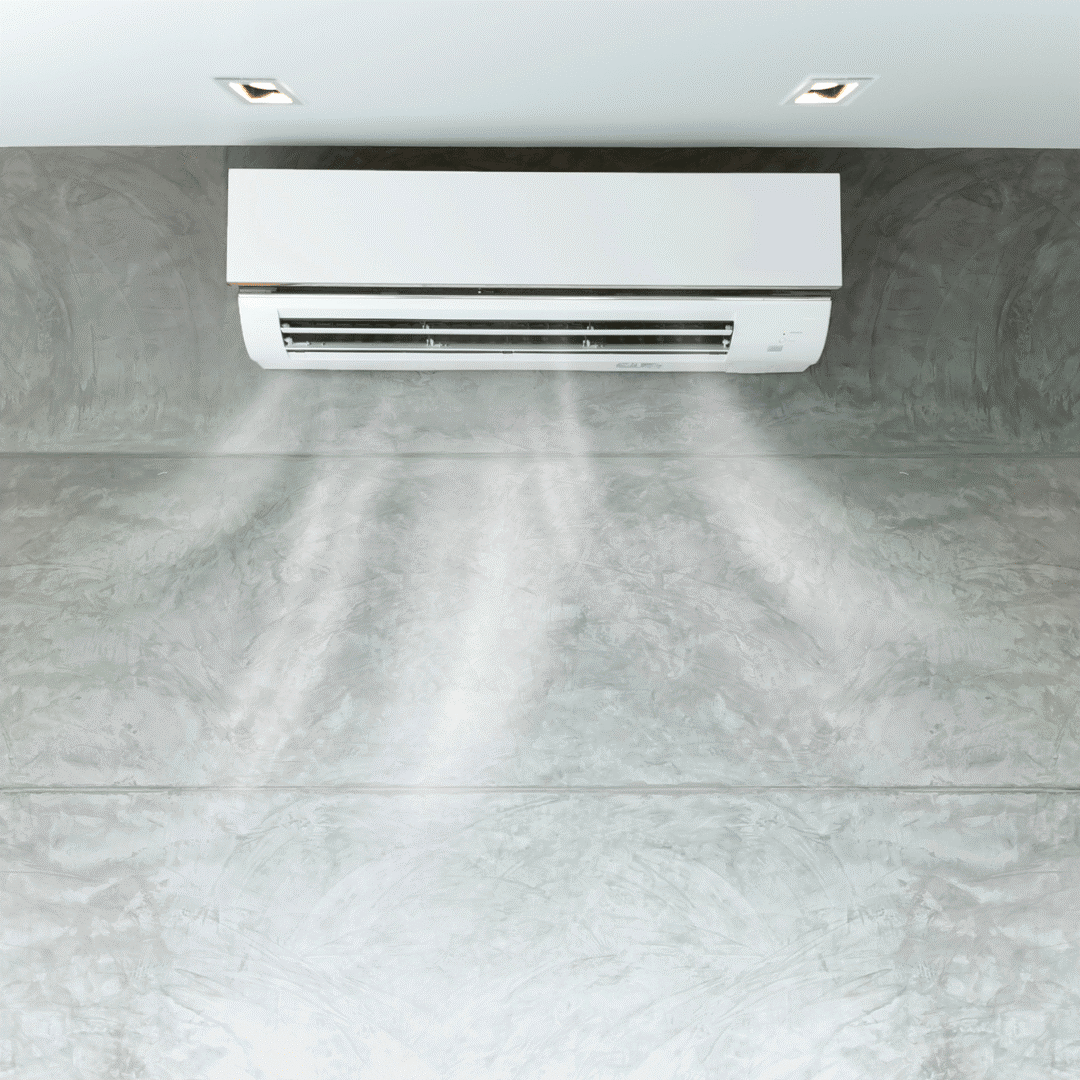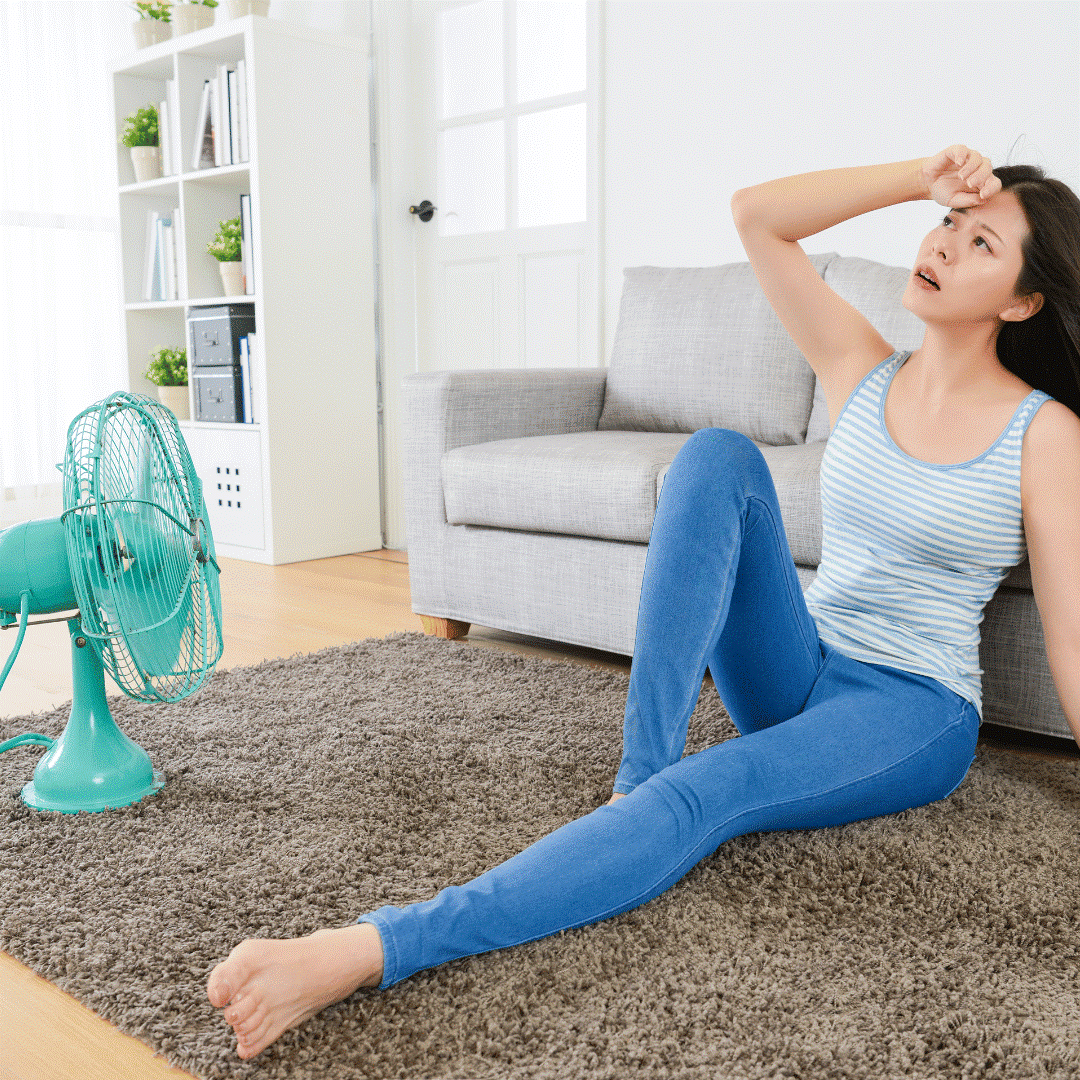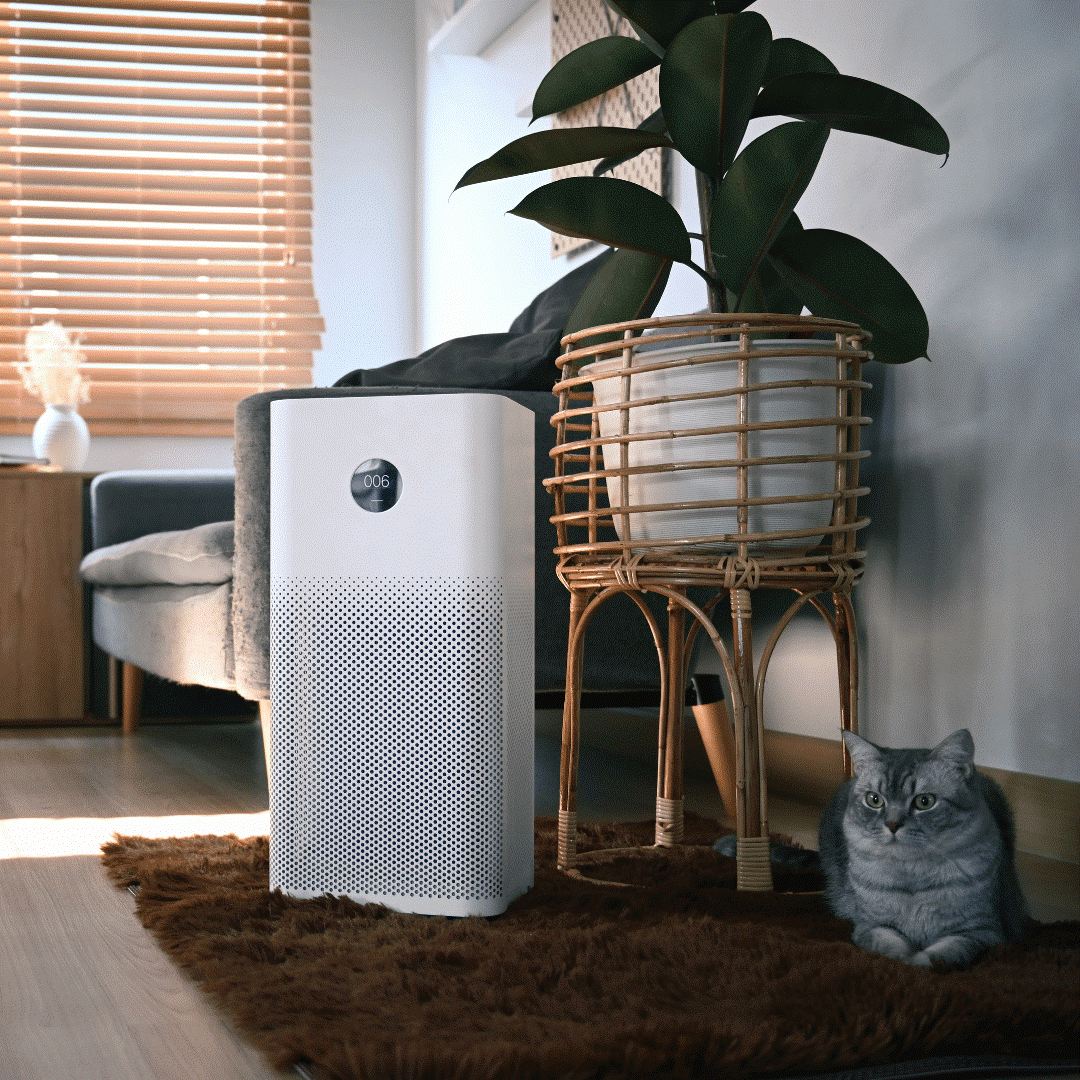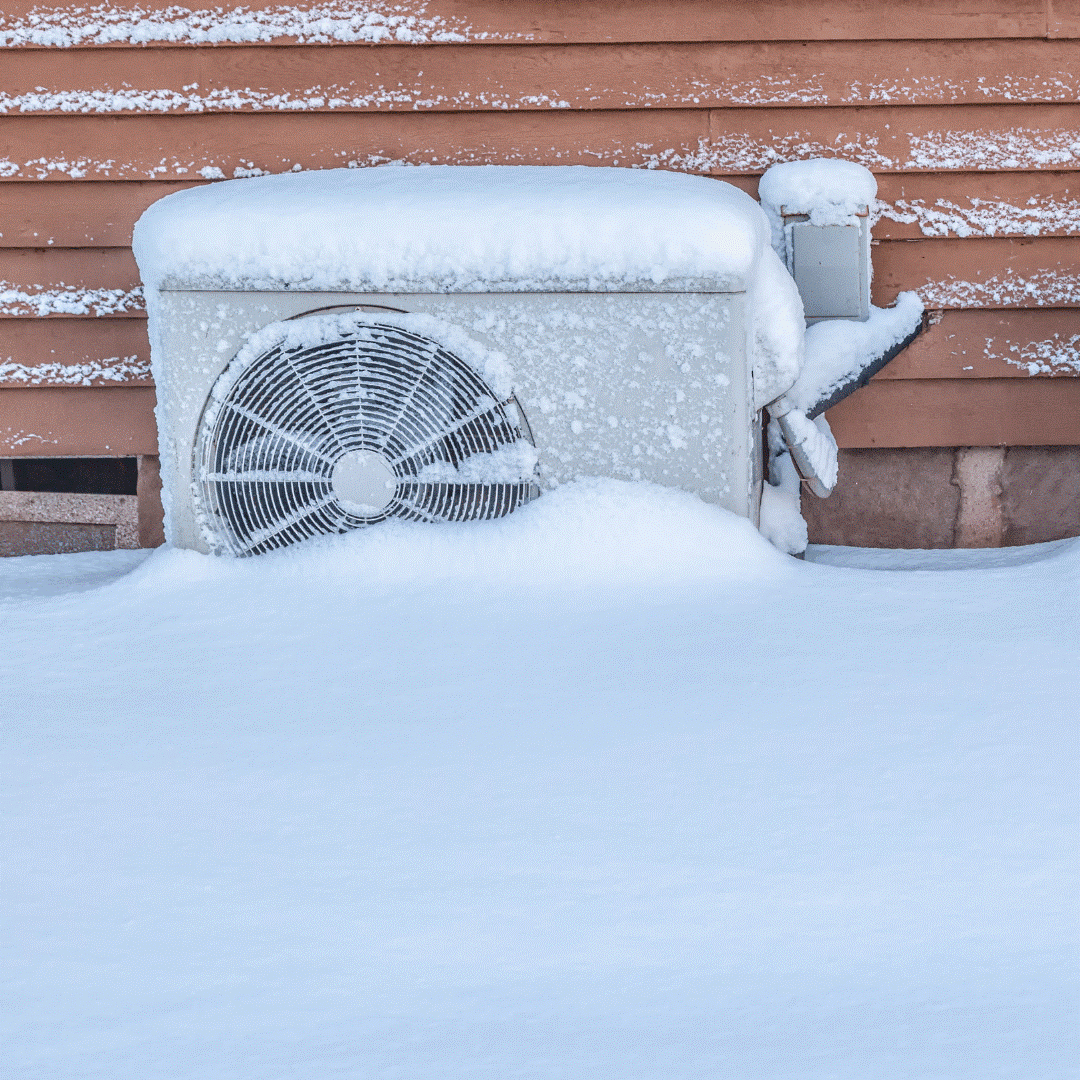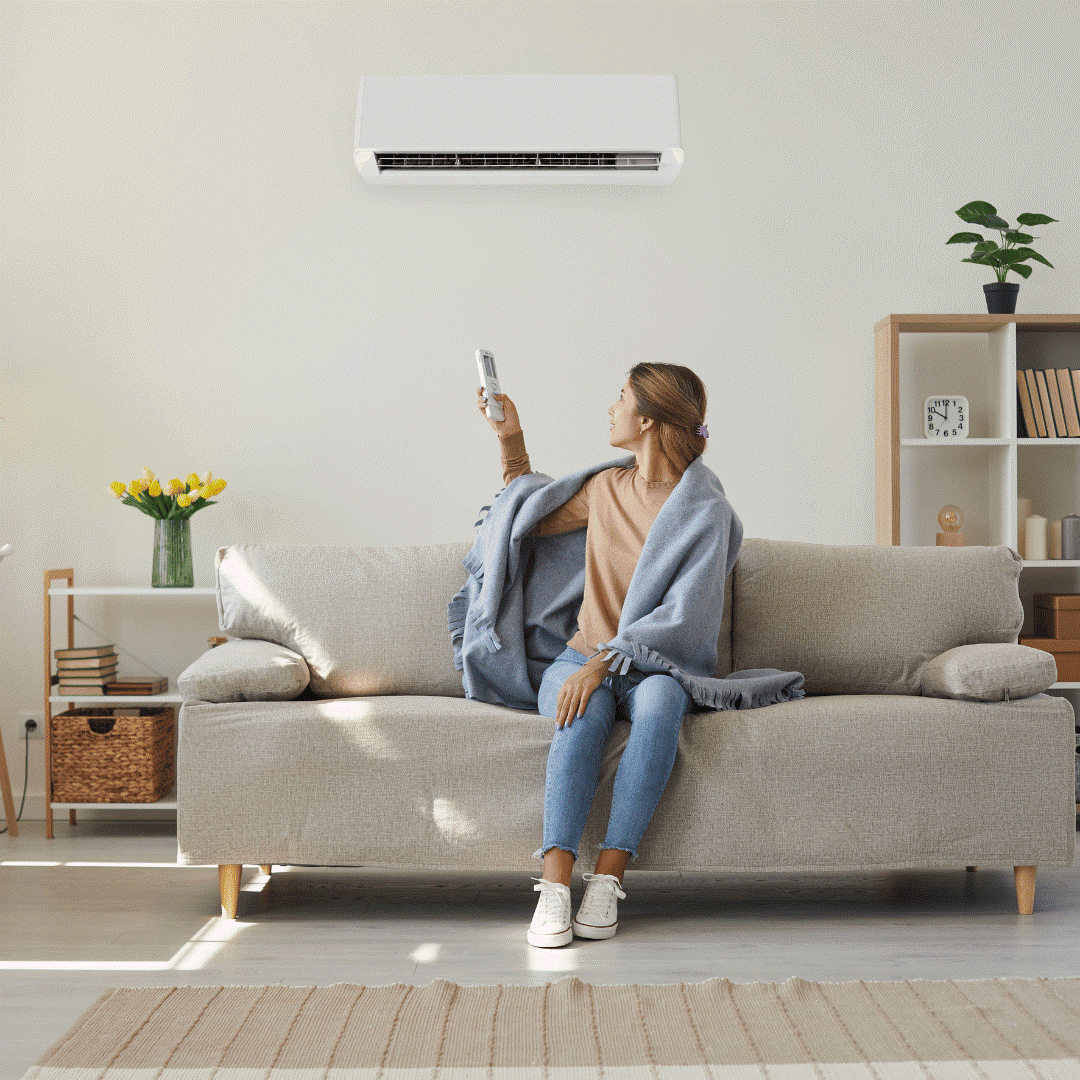Empowering Wilmington, NC: Let Salt Air Light Up Your Home with Local Electrical Expertise!
Hey Wilmington!
Welcome to our latest update from Salt Air Heating, Cooling, and Electrical. As your trusted local electrical service provider, we’re excited to showcase the top-notch electrical services we offer right here in Wilmington, NC. Our goal is to brighten up your lives with exceptional solutions tailored just for you.
1. Embrace Eco-Friendly Living with EV Chargers:
Electric vehicles (EVs) are becoming increasingly popular, and we’re here to support your green lifestyle with expert EV charger installations. Our team will set up your own home charging station, so you can charge up conveniently and be ready for your next journey. With our services, you’ll never have to worry about finding a public charging station again!
2. Let Your Home Shine with Captivating Lighting Solutions:
Wilmington’s unique charm deserves lighting that complements it perfectly. Imagine warm indoor lighting that creates a cozy haven, and stunning outdoor landscape lighting that transforms your backyard into a magical retreat. Our expert team will design and install the ideal lighting setup that reflects your home's personality and enhances its appeal.
3. Reviving History, One Home at a Time:
Preserving Wilmington’s rich history is important to us. For those with charming older homes, our whole home re-wiring service honors the past while ensuring modern safety and compliance. Our skilled electricians will update your electrical system, preserving the historical character of your home while upgrading its functionality.
4. Keeping the Spark Alive with Thorough Inspections:
Routine electrical inspections are crucial for safety and efficiency. Our comprehensive inspections will identify any potential issues before they become problems, ensuring your home’s electrical system is running smoothly and safely. Trust Salt Air for thorough and reliable inspections that keep your home in top shape.
Why Choose Salt Air for Your Wilmington Home: Here's the deal – we're not just another corporate entity. When you choose Salt Air, you get:
- Local Expertise: Our team understands Wilmington’s unique electrical needs, from coastal climate considerations to local regulations.
- Community Commitment: We’re dedicated to enhancing the safety and comfort of our neighbors, making us your trusted local electrical experts.
- Prompt Service: We value your time and respond quickly to your electrical needs, always with a friendly attitude.
Ready to Brighten Up Your Home?
Salt Air is here to provide top-tier electrical services in Wilmington, NC. Whether you need an EV charger, captivating lighting, whole home re-wiring, or a thorough inspection, our friendly team is eager to assist. Reach out to us today to experience exceptional service and let’s make your Wilmington home shine brighter than ever!
HVAC Maintenance Is Important—Always!
When considering a mini split system for your home or sunroom, choosing Salt Air Heating Cooling and Electrical as your service provider offers a multitude of advantages. From enhanced comfort control and energy efficiency to expert installation and quality products, Salt Air Heating Cooling and Electrical ensures that your mini split system meets your needs and exceeds your expectations. With their commitment to customer satisfaction and ongoing support, you can trust Salt Air Heating Cooling and Electrical to deliver reliable and efficient heating, cooling, and electrical solutions. Make the smart choice and partner with Salt Air Heating Cooling and Electrical for your mini split system needs.
Is your HVAC unit overdue for maintenance? Then schedule an appointment with us now!
